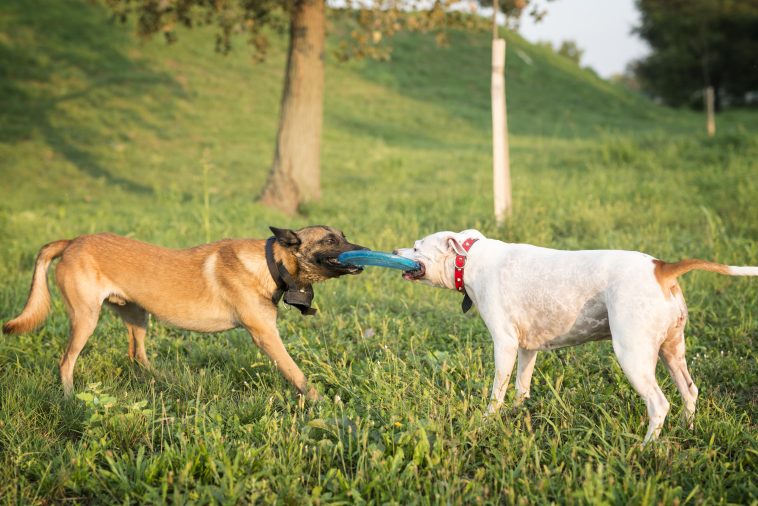Introduction: Debra M. Eldredge, DVM, delves into the concerning issue of dogs licking their paws to the point of redness and rawness. Recognizing the multifaceted nature of this behavior, she highlights potential causes ranging from physical injuries to underlying health conditions and anxiety. Providing dog owners with valuable insights, Eldredge offers a blend of home remedies and professional interventions to address the root causes of excessive paw licking, ensuring the well-being of canine companions.
Possible Reasons Behind Excessive Paw Licking:
- Physical Injuries:
- Check for debris, ticks, or injuries between the toes.
- Paw pads may wear off due to running on rough surfaces.
- Injuries, blisters, or foreign objects can trigger obsessive licking.
- Yeast Infections:
- Commonly linked to allergies (atopy) or infections in other body areas.
- Home remedy: Soak paw in Epsom salts, rinse, dry, and apply anti-fungal foot powder.
- Persistent licking may necessitate veterinary attention.
- Allergies (Atopy):
- Allergy syndromes can manifest as paw licking.
- Comprehensive veterinary workup required to identify and manage allergies.
- Anxiety:
- Paw licking may be a manifestation of anxiety.
- Home remedy: Anti-fungal foot powder to break the licking cycle.
- Address underlying anxiety with increased exercise, playtime, and calming treats.
- Veterinary consultation for behavior modification and potential anti-anxiety medications.
Addressing Excessive Paw Licking:
- Home Inspection:
- Carefully inspect paws for injuries, debris, or ticks.
- Remove offending material and treat wounds if necessary.
- Yeast Infection Home Remedy:
- Soak paw in Epsom salts, rinse, and apply anti-fungal foot powder.
- Consistent treatment for 5-7 days; consult a veterinarian if licking persists.
- Managing Allergies:
- Veterinary workup to identify and manage allergy syndromes.
- Explore treatment options for atopy-related paw licking.
- Addressing Anxiety:
- Break licking cycle with foot powder and address underlying anxiety.
- Increase exercise, playtime, and consider calming treats.
- Identify and manage sources of anxiety; consult a veterinary behaviorist if needed.
Conclusion: Debra M. Eldredge empowers dog owners with a comprehensive guide to understanding and addressing excessive paw licking. By unraveling potential causes and offering practical remedies, she emphasizes the importance of both home care and veterinary intervention. Through this holistic approach, Eldredge ensures that canine companions receive the care needed to overcome paw-related challenges, promoting their overall health and well-being.


